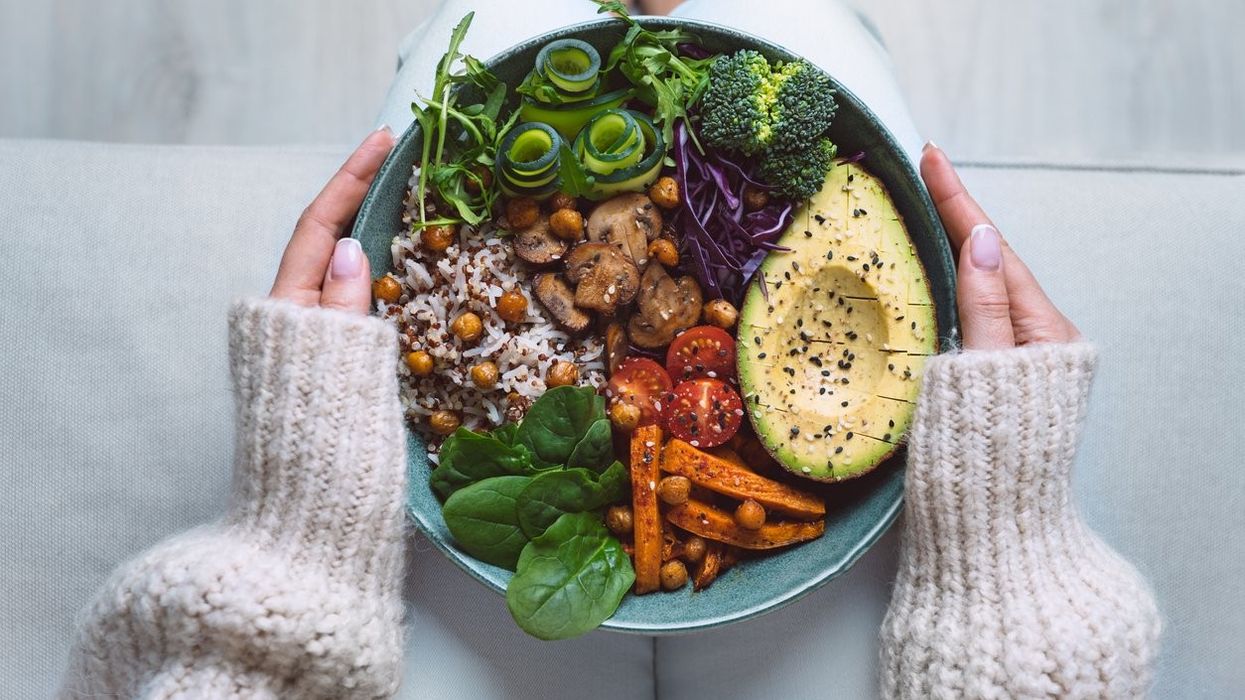A HEALTHY diet in your 40s can minimise the risk of getting dementia as you grow old, according to a research study.
The study, presented at the American Society for Nutrition conference, shows that eating habits in middle age plays a bigger role than previously thought in preventing memory decline, The Times reports.
The study involving over 3,000 British adults found that the quality of a person’s diet at the age of 43 could predict their risk of getting dementia later in life.
People who took lots of leafy vegetables and whole grains were found to have much sharper brains at the age of 69, when memory tests were carried out.
The study looked at data from 3,059 UK adults who were born in 1946 and have been tracked for more than 75 years as part of the research project.
The participants completed food diaries at different ages to provide snapshots of their diets. They also completed regular cognitive tests that measured their brain function and memory.
Their food intake was rated as “low”, “high” or “moderate” based on factors such as how many vegetables or sugary foods they ate.
They were divided into four groups, based on how good their brain and memory were up until the age of 69.
This revealed a strong link with diet. In the group with the worst performance on memory tests, 59 per cent had low-quality diets, whereas 7 per cent had high-quality diets.
Of the group with the best memories, 36 per cent had a high-quality diet, whereas only 8 per cent had a low-quality diet.
While previous research focused on the eating habits of people in their sixties and seventies, the latest study found that a person’s diet at the age of 43 was the strongest predictor of dementia risk in later life.
Every small increase in diet quality at this age, such as a higher intake of vegetables, was found to reduce the risk of scoring poorly in brain function tests by 4 per cent.
Dr Kelly Cara, from Tufts University in Massachusetts, author of the study, said the findings show that "improvements to dietary patterns up to midlife may influence cognitive performance and help mitigate, or lessen, cognitive decline in later years.”
A healthy diet containing lots of antioxidants found in fruit and vegetables can support brain health by reducing inflammation in the body, and improving blood flow to the brain, helping to protect against damage to brain cells linked to dementia.
Nearly one million people in the UK have dementia, and about 40 per cent of cases could be prevented with lifestyle changes such as drinking less alcohol, quitting smoking, or eating healthily.




